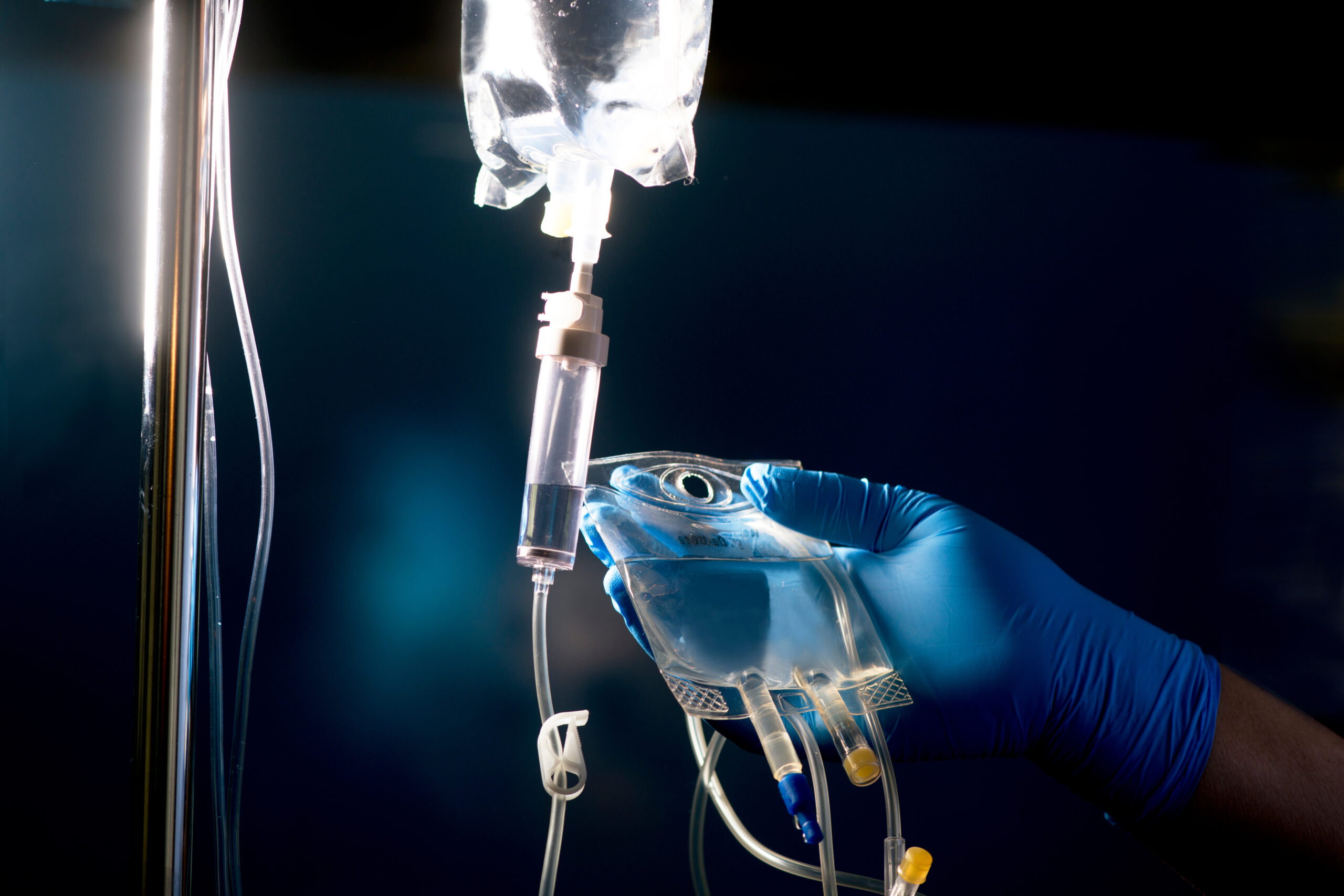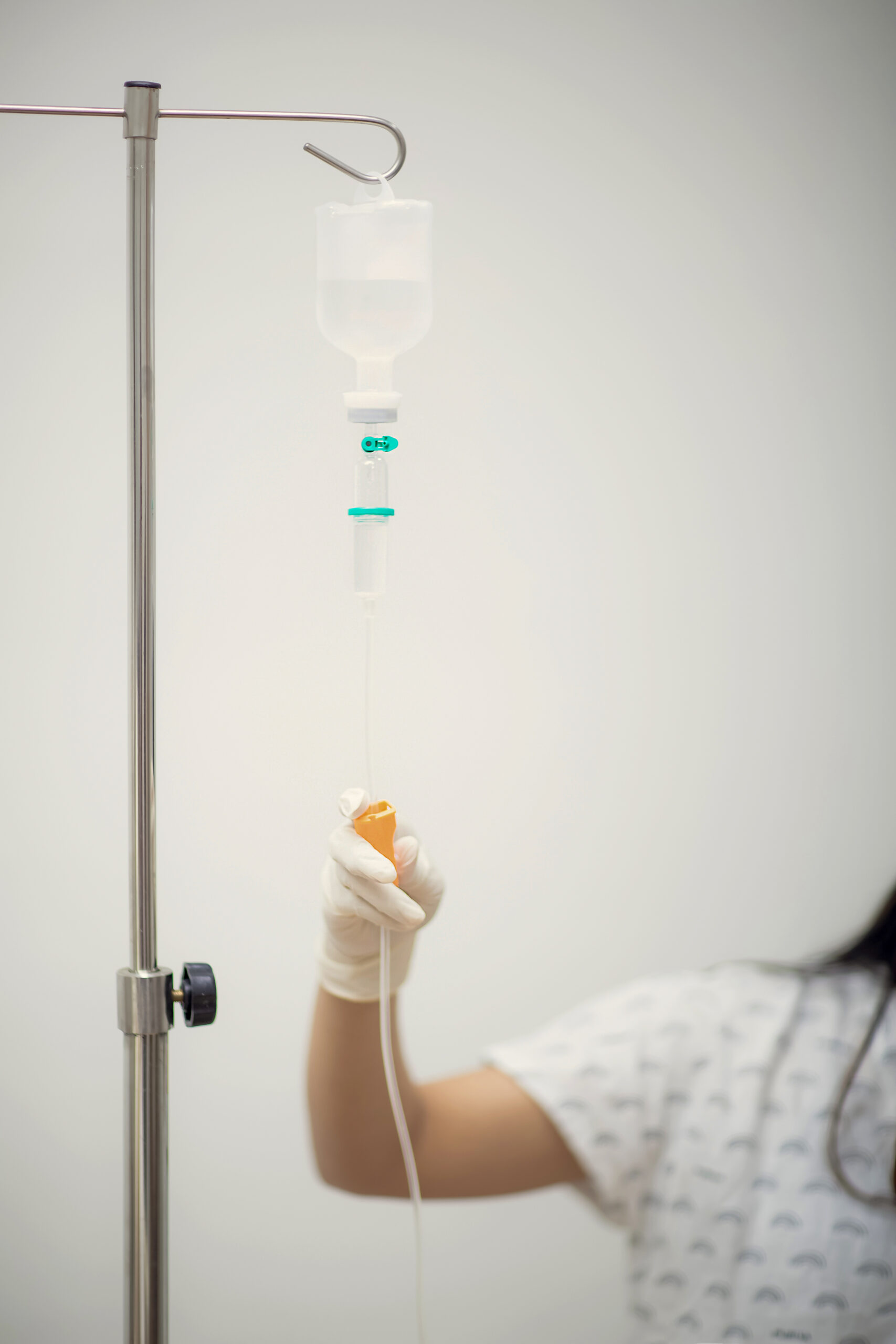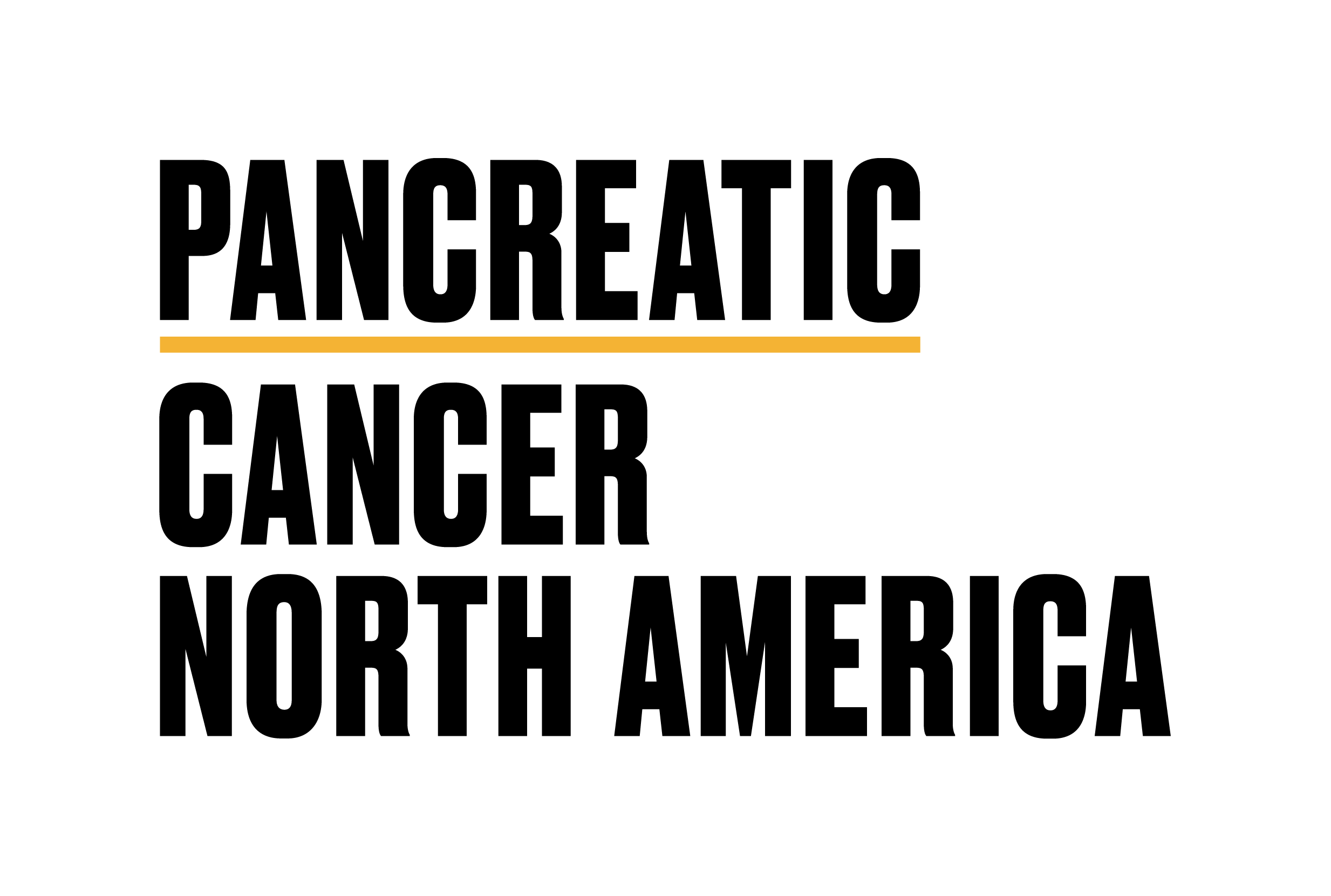Chemotherapy
Chemotherapy is a drug treatment that uses powerful chemicals to kill fast-growing cells in the body. Many different chemotherapy drugs are available. Chemotherapy drugs can be used alone or in combination to treat a wide variety of cancers.
Though chemotherapy is an effective way to treat many types of cancer, chemotherapy treatment also carries a risk of side effects. Some chemotherapy side effects are mild and treatable, while others can cause serious complications.
Chemotherapy travels through the bloodstream, allowing for effectiveness against circulating metastatic cancer cells and established distant metastatic lesions. However, this is also responsible for the harm caused to the normal, healthy cells in the body.

Chemotherapy is given to patients for a variety of reasons. These include:
- To control the growth of cancer and prolong a quality of life.
- To reduce the size of a tumour. Chemotherapy can be used to shrink the tumour in the pancreas before surgery or radiotherapy can be considered. This is called neo-adjuvant treatment.
- To try and prevent the cancer coming back after surgery or radiotherapy. The aim is to kill any cancer cells that may be circulating throughout the body. This is called adjuvant treatment.
- To increase the effectiveness of radiotherapy treatment. Chemotherapy can be used alongside radiation to increase the chance of treatment being more effective. This is called chemo-radiotherapy.
- To try and prevent the cancer coming back after surgery or radiotherapy. The aim is to kill any cancer cells that may be circulating throughout the body. This is called adjuvant treatment.
Chemotherapy Options
When considering chemotherapy as a treatment option, it is important to discuss with your physician the pros and cons of each drug. While one drug may prove effective in a specific subset of patients, it may not necessarily be recommended for treatment of every patient with pancreatic cancer. Furthermore, the side effect profile of each drug may prove to be more or less tolerable based on each patient’s individual preferences. These are all important considerations to discuss with your physician.

Commonly used chemotherapeutic agents include, but are not limited to, the following:
Gemcitabine (Gemzar®)
Gemcitabine is one of the most commonly used drugs to treat pancreatic cancer. It is usually given by intravenous infusion (through a drip) along with anti-sickness drugs. Intravenous infusions are given through a thin, short tube put into a vein in your arm each time you have treatment. Alternatively, you may have a central line, a portacath, or a PICC line inserted just before your treatment starts. These are tubes that give the drugs directly into a large vein in your chest and will stay in place as long as you need treatment.
Gemcitabine can also be used in combination with Nab-Paclitaxel (listed below).
Nab-Paclitaxel (Abraxane®)
Nab-Paclitaxel prevents the breakdown of gemcitabine to enhance its effects. By using Nab-Paclitaxel in conjunction with gemcitabine, the amount of gemcitabine entering the tumours is increased, thereby making it much more effective, but also increasing its potential toxicity.
FOLFIRINOX
FOLFIRINOX is a combination chemotherapy for the treatment of metastatic pancreatic cancer. However, FOLFIRINOX is an extremely toxic treatment and not recommended for all patients. Currently, it is only used in patients with stage 4 metastatic pancreatic cancer who have not yet received any chemotherapy.
5-Fluorouracil (5-FU)
5-Fluorouracil (5-FU) is administered intravenously (through a drip). Sometimes a vitamin called folinic acid (leucovorin) is given at the same time as this enhances the effects of 5-FU. The patient is often given anti-sickness drugs (anti-emetics) at the same time to help prevent adverse side effects.
Side Effects
Depending on the type of chemotherapy drug and dosage, type of drug administration, and the individual’s general health, side effects will vary among patients. Common side effects can include but are not limited to:
- Anemia
- Nausea and vomiting
- Loss of appetite
- Fatigue
- Changes in taste
- Diarrhea
- Hair loss
- Neuropathy
- Loss of appetite
- Low red blood cell and low blood platelet counts
Further Reading

Pancreatic Cancer North America
800 Third Avenue FRNT A #1523
New York, NY
10022
Toll Free: 1-844-274-3640
info@pancreaticcancerna.org
